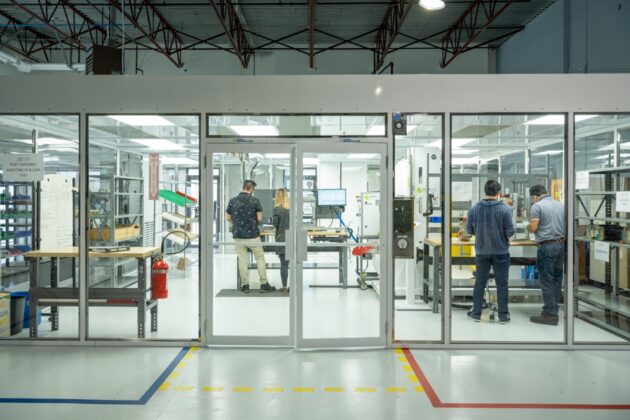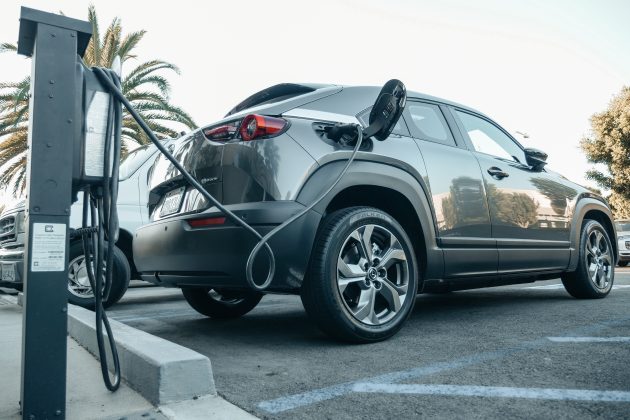Guest Blog Post written by Mills Office Productivity as part of Startup City IMPACT
 Michelle Reid
Michelle Reid
For the past 5 years, Michelle has served as the Sustainability Czar for Mills Office Productivity, the local, sustainable business supplier located in East Vancouver. She oversees all of Mills’ social and environmental initiatives to ensure the company is the Best for the World. Michelle is passionate about the local economy and the impact of local purchasing, and supports organizations such as Loco BC where she sits on the Board of Directors.
The Downtown Eastside is an area that few of us chose to venture to, but we all think we know the story of its residents. It’s an area where people are facing the problems of addiction, mental illness, poverty, homelessness and above all else – hopelessness. There are many conflicting views on whose problem this is to solve – the government? Individuals? What role should businesses in the community play?
Imagine for a moment that businesses could be used as a force for good, and that all businesses were striving to be the best for the world, rather than the best in the world. Mills Office Productivity has experienced how businesses today can do this, and create innovative social change in their communities.
In the early 2000’s, Brad Mills, CEO of Mills Office Productivity, was inspired to change the way people and businesses perceived individuals with employment barriers. He believed that people would want to create a better future for themselves if given the opportunity. To prove this, he worked with a program called Fast Tracks to Employment to hire individuals with barriers to employment for his East Vancouver warehouse. The program was so successful in creating confident, skilled employees that he decided to expand on his vision.
In 2007, Brad and a group of concerned business people opened the H.A.V.E. café. Its eight-week training program now provides individuals with occupational and life skills training, meals, food safety certification and employment counselling to help them successfully transition into the local workforce. H.A.V.E. recognizes that, for most of these people, arriving for training each day is an accomplishment in itself, so they remove cost, lengthy forms to complete waiting periods all the barriers that they may otherwise face in government-run programs.
To date, over 800 students have enrolled in the program with over 80% successfully finding employment. This proves that people will embrace change, given the opportunity – to improve their lives, and the lives of their families and the local community around them – and having someone believe in them. Brad has achieved his vision of changing perceptions of people with barriers to employment. While sometimes skeptical at first, many businesses embrace the students and the students in turn become their best and most loyal employees.
Taking care of your community is as vital to your business as its profits
In addition to the impact the H.A.V.E. Cafe has had on our community, it has also become the heart of Mills. It has shaped who we are as a company and how we want to continue moving forward. It reminds us every day that change is possible, that we have the power to make a difference and that we can show other companies that taking care of your community is as vital to your business as its profits.
We are also showing businesses that taking care of your community is vital to your profits. Our business values – local, environment and community – are the main reasons that customers want to be aligned with our brand. Living these values, through the H.A.V.E café, B Corp certified and other initiatives, is alone responsible for making us competitive and thrive in an industry that is overall declining.
We know this, and know that other businesses are realizing this too. In the past four years, we have seen a shift towards companies evaluating their supply chains and making conscious decisions to align themselves with other companies that have similar business values. One day we hope that all our fellow businesses will join together in the quest to be best for the world. It will be what will sustain their businesses, and their communities, for generations to come.





